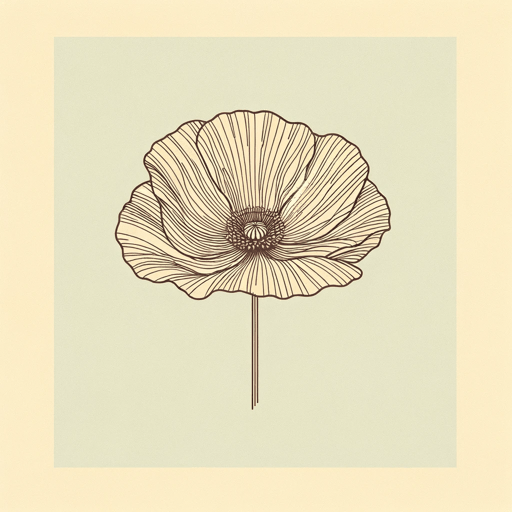20 pages • 40 minutes read
Rupert BrookeThe Soldier
Fiction | Poem | Adult | Published in 1915A modern alternative to SparkNotes and CliffsNotes, SuperSummary offers high-quality Study Guides with detailed chapter summaries and analysis of major themes, characters, and more.
Symbols & Motifs
The Pastoral
The first stanza of the poem contains many pastoral elements, including a “field” (Line 2), “rich earth” (Line 4), “flowers” (Line 5), “ways to roam” (Line 5), “air” (Line 7), “rivers” (Line 8), and “suns of home” (Line 8). These elements clearly indicate that the soldier-speaker imagines himself dying in a bucolic, countryside setting. The pastoral setting is incredibly important in English elegy, and this motif invokes earlier elegies. (For more on the literary context and how “The Soldier” is imitating other elegies, see the “Contextual Analysis” section.) The idealized countryside setting that Brooke imagines in this poem is also very different from the realities of WWI.
Heaven
While the first stanza begins where most traditional English elegies begin (in a pastoral landscape), the second stanza ends where most traditional elegies end: in heaven. In the final stanza, the speaker’s heart beats on “in the eternal mind” (Line 10), and the poem ends “under an English heaven” (Line 14). Heaven is an important motif in the poem, because it is one of the ways the speaker offers consolation for his possible death. His death is not so sad because, as well as England expanding, the soldier-speaker will live on in heaven.

